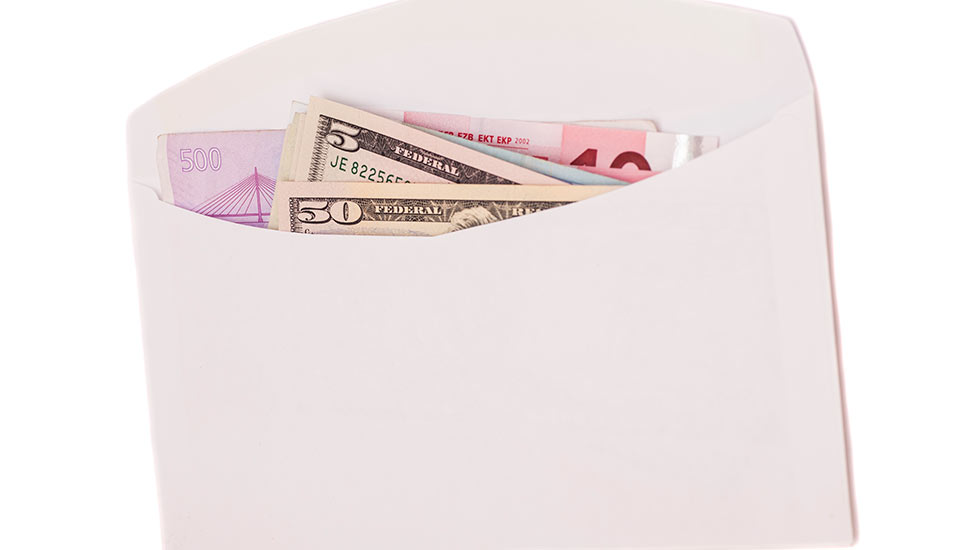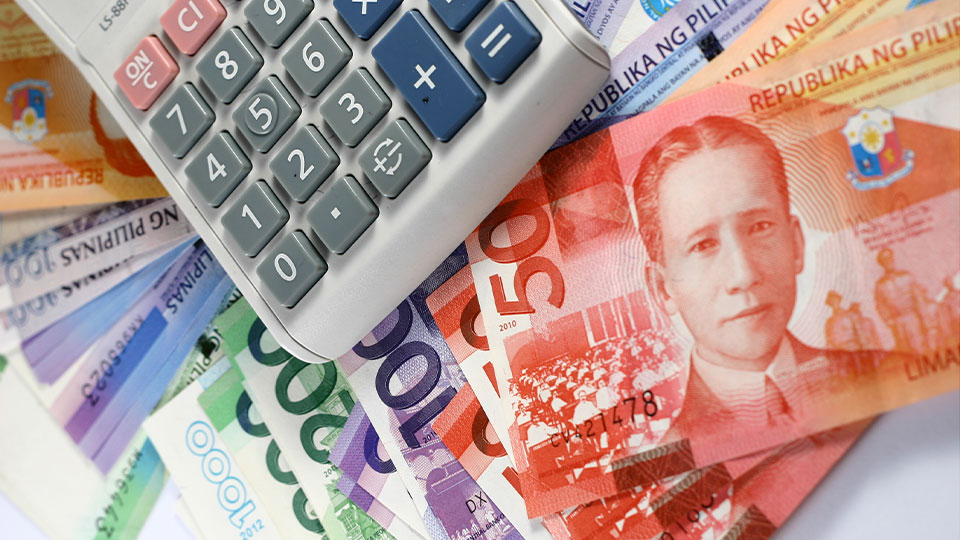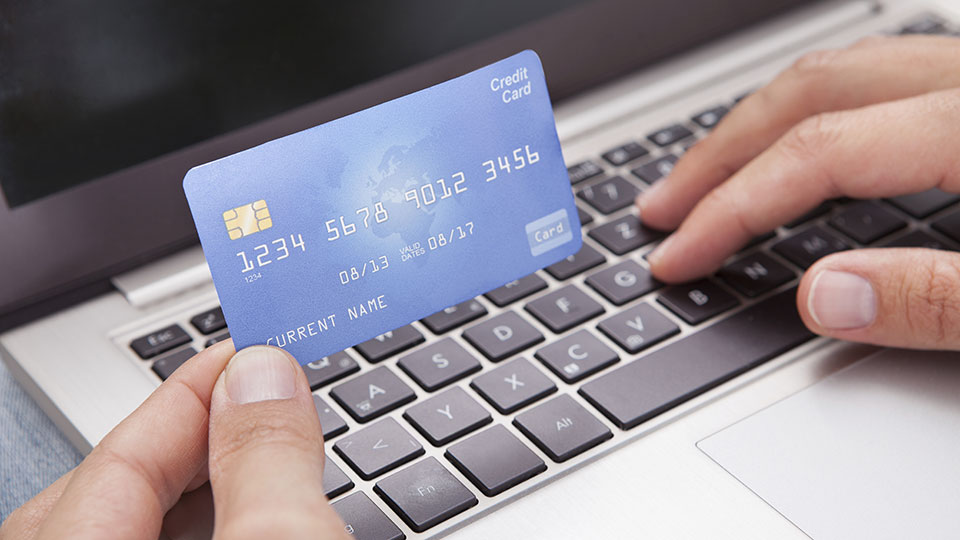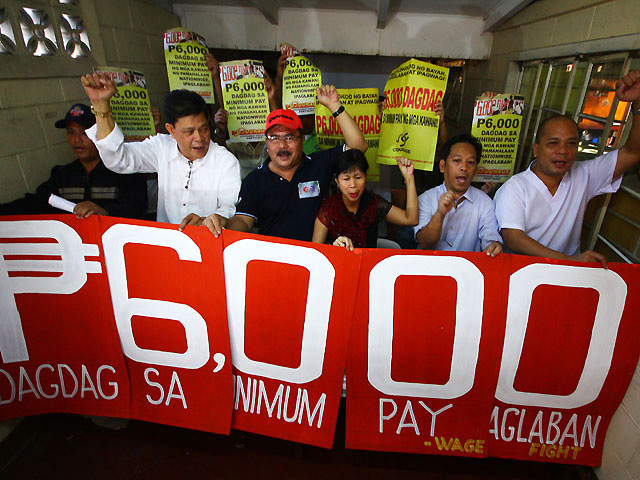Filtered By: Money
Money
5 money excuses that keep you poor

Some things financial are simply beyond your control. It’s also easy to come up with excuses for not saving money... or not investing, or not fixing your bad habits when it comes to money.
If you’re not careful, such excuses can put you in a terrible bind. At the end of the day, you might even find yourself with no money at all.
To know what money excuses keep you poor and how to avoid them, read on.

1. I’m not ready to save… Maybe, when I’m making more money

1. I’m not ready to save… Maybe, when I’m making more money
If everyone thinks this way, then no one would be able to save any money. It doesn’t matter whether you make P10,000 or P100,000 a month, you should be saving a little bit of that.
“But I don’t feel ready to save yet!” you might protest. You procrastinate: Not now… Maybe, later… And before you know it, you’re 60 with no savings to speak of. You don’t want that.
So, accept that you’ll never feel ready… but buckle down and start saving anyway. Once you get the hang of it, you’ll find it’s easy to keep up the good money habits.
“If you wait for your muse, you’ll be waiting forever,” Thomas Pychyl, author of “Solving the Procrastination Puzzle” and associate professor of psychology at Carleton University, says on LearnVest. “For example, I like being active, yet still, at any given time, I think, ‘I don’t want to do that.’ That’s when I say to myself, ‘Just get started.’”
Solution: Just get started! Save a part of your income, no matter how small. The ideal is that 20 percent of your income should be channeled towards savings. If that’s not doable, start with a smaller amount, say 5 percent. Then raise it as you make more money.

2. I don’t need an emergency fund
You’re having a pretty good time and haven’t dealt with any surprise expense yet. That’s nice – though it doesn’t mean you don’t need an emergency fund for life’s nasty little surprises. Expensive emergencies can happen to anyone, including you!
An emergency fund is an important step to a successful personal finance. You’ll see: if something bad or expensive happens, your emergency fund is there to soften the blow.
Without an emergency fund, something like your car breaking down could dent your finances big time. You might have to go into debt to cover an emergency. This can throw your budget out of whack and leave you without any financial elbow room.
With an emergency fund, you simply dip into it as the need arises – and your regular budget isn’t affected.
Solution: Don’t let emergencies bury you deep in debt. Put a little money towards an emergency fund every month. [Don’t know how to start your emergency fund? No more excuses. Here’s our guide.

3. Just pay the monthly minimum on credit card dues
A credit card is a great personal finance tool which can actually save you money. If you use it wisely, that is. Let’s say your monthly due is P10,000. The amount seems too much, so you decide to pay just the 5 percent minimum or P500. With a 3.5 percent monthly interest, not only will it take 33 months to pay off your card, but you’ll end up paying another P6,396.47 in interest. That’s nearly 64 percent more than your original IOU!
Beware: some card companies are more devious, asking for a 3 percent minimum payment with a 3.5 percent monthly interest. If you only pay the minimum, you’d end up owing the bank more and more money. Paying just the minimum due is a sure way for you to lose huge amounts of money over time.
Solution: Pay your credit card bills in full every month. If that’s not possible, try one of these strategies to beat credit card debt. Even small extra payments in the form of “snowflakes” can help you. Find out more about that method here. The faster you get rid of credit card debt, the more money you can divert towards your financial future.

4. Living from paycheck to paycheck is absolutely fine
You’re almost running out of money, but it’s all right, you tell yourself, because payday is tomorrow. This is called living from paycheck to paycheck – in Pilipino, isang kahig, isang tuka. This may be the norm for many people, but it does not lead to future financial stability.
Living from paycheck to paycheck means you don’t have a financial safety net. Each paycheck you get is barely enough to cover your expenses. Often, this means not a single centavo of your salary is going to savings – no emergency fund. Nada. So, when an emergency happens and your paycheck can’t cover the expense, you find yourself maxing out your credit cards or taking out a loan. Welcome to the debt cycle.
This problem isn’t exclusive to people of low-income. Sometimes, because of lifestyle inflation, even while making more money, you still find that at the end of the month, your money has disappeared towards frivolous expenses.
Solution: Break the cycle of living from paycheck to paycheck by building a one-month buffer. Let us show you how. If lifestyle inflation is a problem you face, fight it with our tips.

5. Who needs health insurance...
Not covering your health means not protecting your financial security. A single visit for a medical checkup can cost P500 or more, depending on the hospital. Basic medical procedures run into the tens of thousands of pesos. And more serious conditions which require confinement could cost up to P100,000 per day. Without a health insurance, you shoulder all those costs by yourself.
Health insurance can cover emergency care, preventive consultations, and a host of other health-related expenditures. You’ll even get free annual checkups just to make sure your body is in tip-top shape.
Just because you’re not sick now, doesn’t mean you’ll never get sick. A health insurance helps mitigate those unexpected medical expense. You might balk at the P15,000 in yearly premiums, but that’s nothing compared to a P600,000 procedure that puts you in debt and keeps you poor.
Solution: Find yourself the best health insurance plan with our comparison tool.
Do you often find yourself citing the above excuses that keep you poor? It’s time to stop procrastinating and start doing the right thing. The sooner you get yourself on the right track, the less money excuses you’ll have, the more you can make a better financial future happen.
5 money excuses that keep you poor first appeared in slightly different form on iMoney.ph.
Tags: imoney, imoneytips
More Videos
Most Popular



